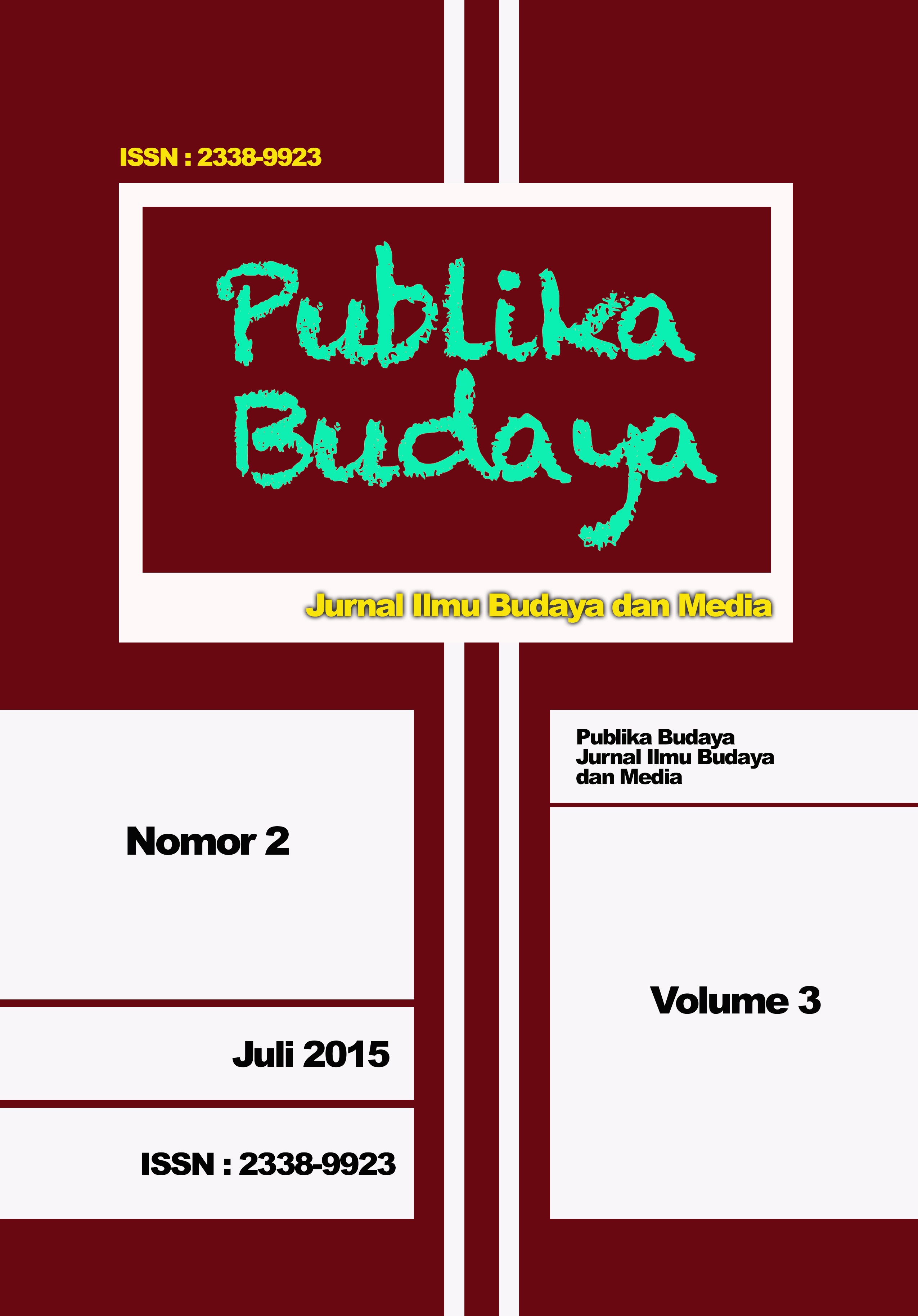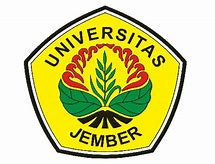JOHN STEINBECK’S WORLD VIEW ON MASCULINITY OF THE MALE CHARACTERS IN OF MICE AND MEN
Abstract
Literary works can be said as the representation of human life. John Steinbeck’s Of Mice and Men is the novella that brings the issues about agricultural worker, especially ranch worker. Most of the characters in Of Mice and Men are men. It shows strong sense of masculinity of ranch workers at that time that John Steinbeck tried to show as the response of the social condition in America especially in ranch worker society. The purpose of this research is to understand John Steinbeck’s world view on masculinity of the male characters in Of Mice and Men by analyzing the America’s condition in Of Mice and Men and America’s condition around 1937. The analyzing process uses Lucien Goldman’s genetic structuralism to find the author’s world view. The research uses qualitative data that that is categorized into two kinds. There are primary data and secondary data. Primary data are taken from the novella Of Mice and Men and the secondary data are taken from thesis, books, and internet material related with John Steinbeck historical background, genetic structuralism, some previous researches and masculinity. The result of this research shows that John Steinbeck as the author of Of Mice and Men has the same tendency with worker class point of view in seeing a phenomenon related with the transition of masculinity in mid-nineteenth until early twentieth. It is showed by worker-class masculinity’s traits found in the male characters in Of Mice and Men. There are physical power, using outfit that is related with jeans and denim and using verbal abuse in daily communication.
Keywords: genetic structuralism, world view, male characters, masculinity, historical background
Penulis yang mengusulkan naskahnya untuk dapat diproses penerbitannya pada Pustaka Budaya dianggap telah menyetujui beberapa hal sebagai berikut:
1. Penulis tidak dapat menarik naskah yang telah usulkan untuk diproses hingga mendapat jawaban dari Ketua Dewan Penyunting atas status naskah artikel ilmiahnya (diterima atau ditolak untuk diterbitkan).
2. Penerbit tidak bertanggung jawab terhadap kasus plagiasi atas artikel yang terbit pada Pustaka Budaya.
3. Penerbit tidak bertanggung jawab atas data dan isi dari artikel yang diterbitkan pada Pustaka Budaya, dan sepenuhnya merupakan tanggung jawab penulis.
4. Penulis yang artikelnya diterbitkan pada Publika Budaya menyetujui lisensi berikut:
Publika Budaya by University of Jember is licensed under a Creative Commons Attribution-NonCommercial 4.0 International License.



